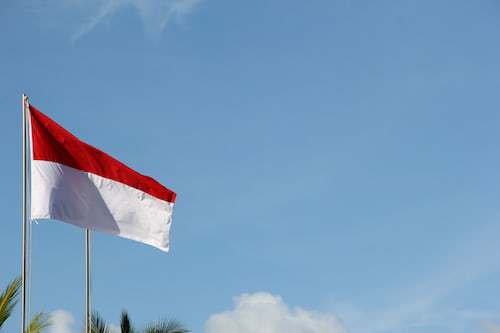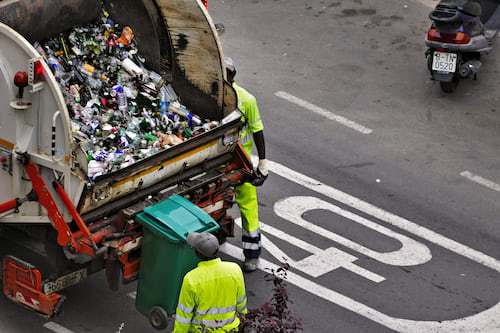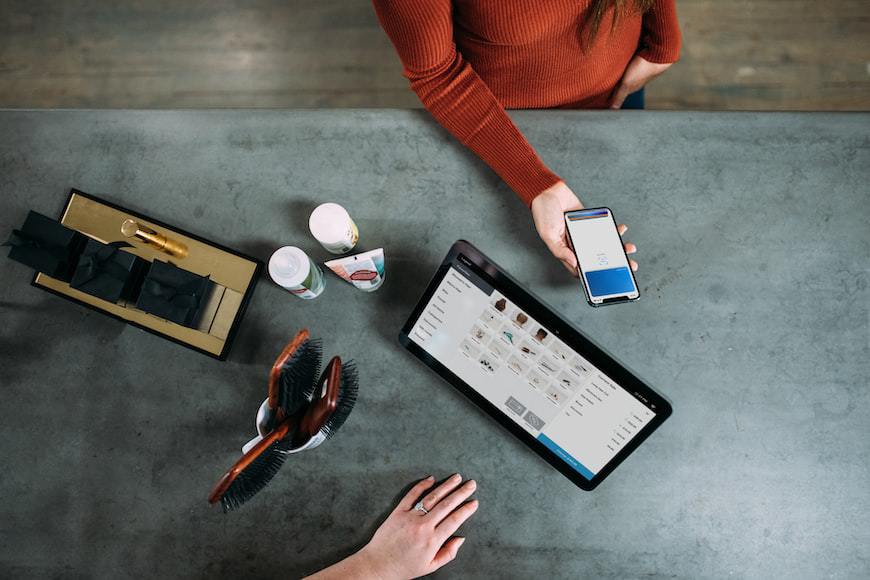Minimum Salary in Indonesia
Minimum salary is the lowest amount of remuneration that employers have to pay their employees. This system is introduced in order to protect the rights of the employees. With this regulation, companies are obliged to pay their employees above the established standard. Practically every country has its own amount of minimum salary that rises from time to time. The same thing also applies in Indonesia.
Several provinces in Indonesia have announced that their minimum salary is rising. On November 28th 2022, it was announced that the minimum salary in Jakarta will rise to IDR 4.901.798. This represents a 5,6% increase from 2021’s minimum salary which stood at IDR 4.641.854. West Java’s increases by 7,88% to IDR 1.986.670, East Java’s increases by 7,86% to IDR 2.040.244, and Banten’s increases by 6,4% to IDR 2.661.280.
For the employees, this news would surely be a good news. As for the employers, there are several impacts that need to be considered due to the upsurge of minimum salary in Indonesia.
Purchasing Power Increased
With the minimum salary in Jakarta increasing, it can be expected that the purchasing power will rise as well. According to the Indonesian Bureau of Statistics (BPS), household consumption accounts for 50,4% of Indonesia’s GDP. This proves that Indonesians love to spend their money to purchase goods. With the incoming salary increase, the increase of purchasing power becomes inevitable. If you own a company that produces goods. This could be an excellent momentum to attract more buyers.
Product Prices Increased
When product manufacturers know that the people’s purchasing power is on the rise, they are also likely to increase their selling prices to maximize the momentum. This is another domino effect that could potentially happen after the minimum salary in Jakarta officially increases. However, you must be fully aware of the buying behavior of most Indonesian people. According to Rudianto (2014), 85% Indonesians prefer cheap products over expensive ones. You must take this into account when setting your prices. If you set it high, you could get high returns but if you set it under the average price, you could also have plenty of buyers for your product.
Employee Salary Appraisal
If your company is based in Jakarta, you must then comply with the upcoming increase of minimum salary. Specifically, you might have to make some adjustments on the salary of your employees. If some had lower salaries than the minimum amount, you shall increase it past the limit. This payroll adjustment is a decision that could potentially affect your company. When making the decision and conducting the technicalities, you should have an excellent HR team at your disposal. They will be the ones in charge of the new salary appraisal process and you could also get the finance team to re-check the numbers.
NOTE:
- For general information about the provinces minimum salary (UMP) in Indonesia, you can access the Ministry of Labor Regulation Number 18 of 2022 here.
- For specific information about the minimum salary in Jakarta, you can access the Governor’s Decree Number 1153 of 2022 here.
How can Double M help?
With the upcoming minimum salary increase, you might have to adjust your employees’ salary. With Double M’s help, you will be able to calculate and pay employee salaries while complying with the regulations.









